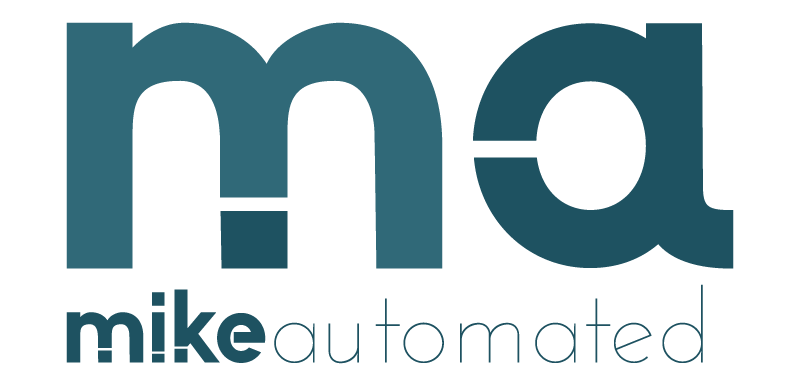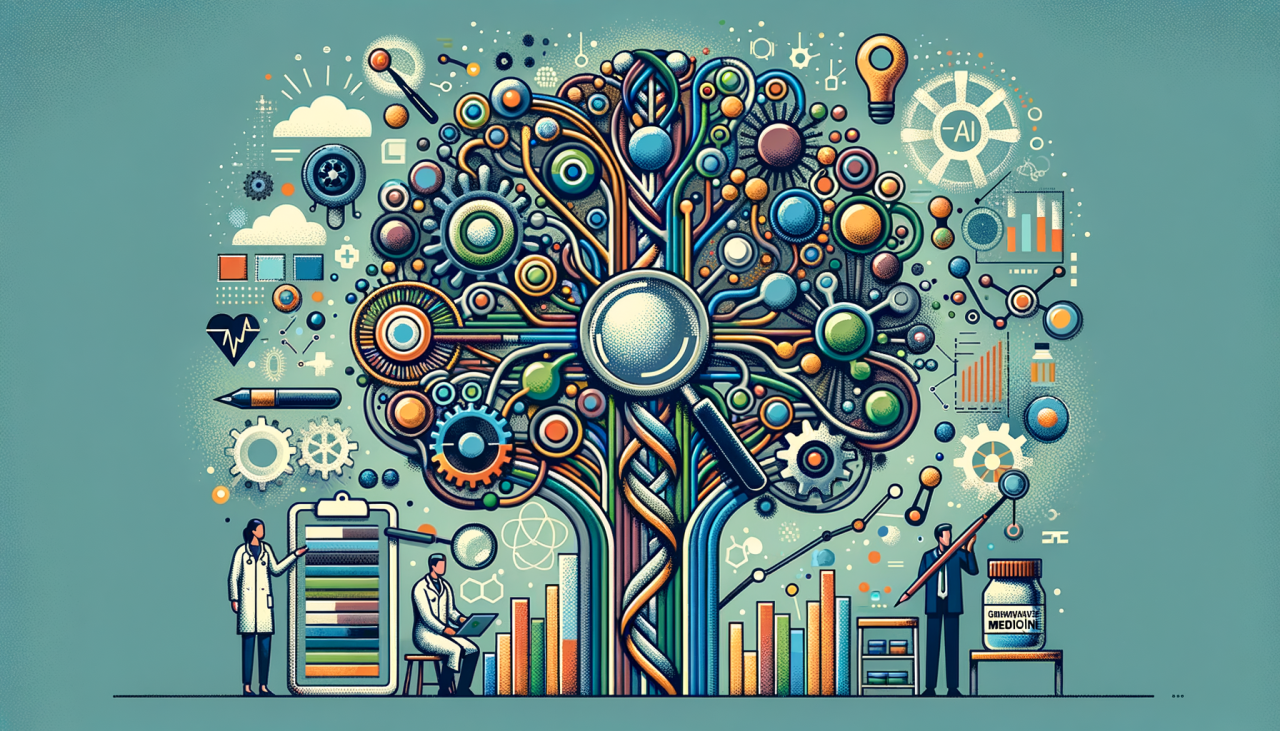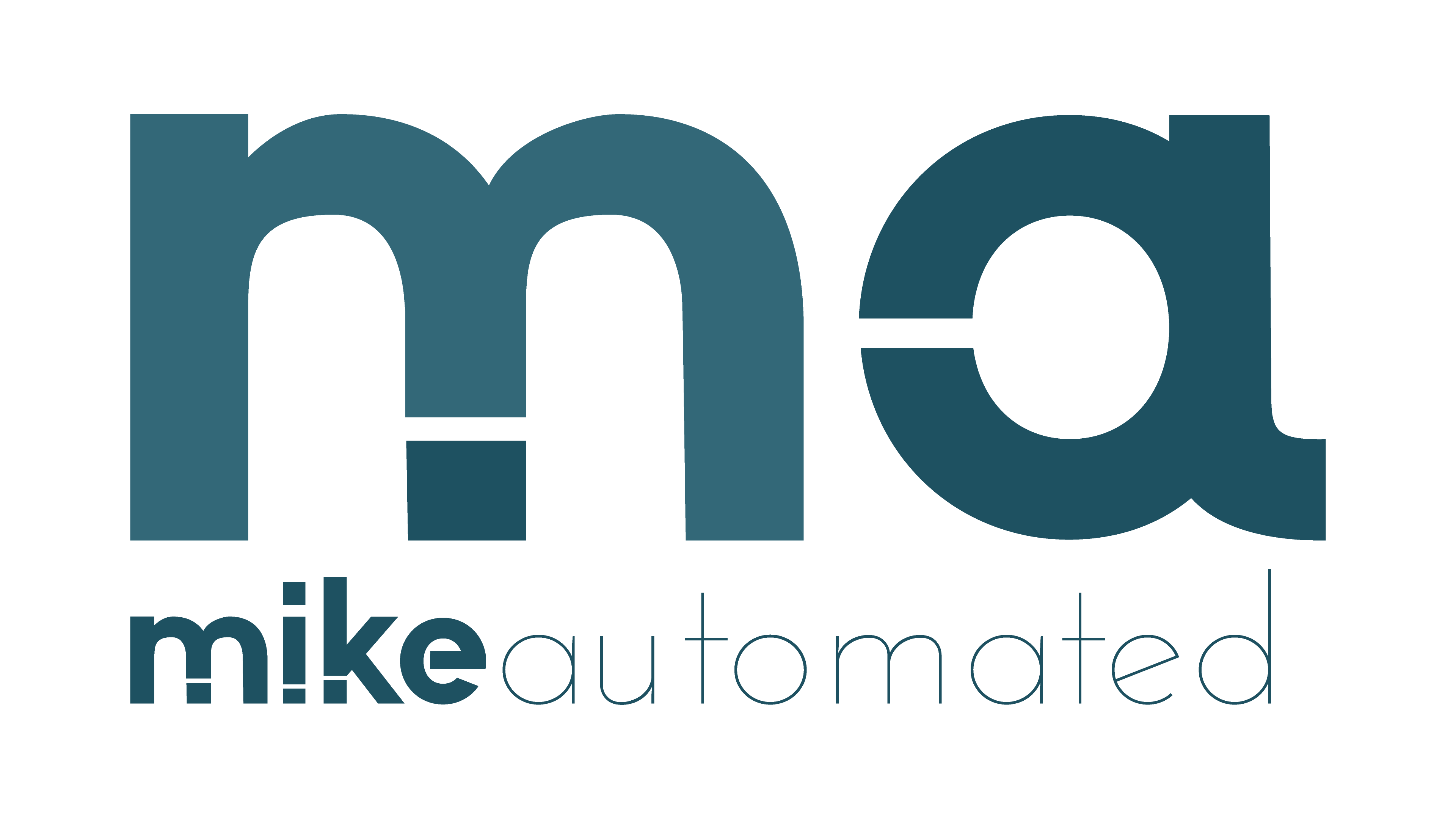TL;DR Summary:
- Generative AI is transforming healthcare by enabling more accurate disease diagnoses and treatment plans.
- Key applications include medical imaging, drug discovery, and creating personalized treatment strategies.
- AI-powered tools enhance efficiency by analyzing vast datasets and identifying patterns quickly.
- Generative models are driving innovations in precision medicine and reducing manual workload for healthcare providers.
- Despite advances, integrating AI into healthcare requires addressing challenges like data privacy and model robustness.
What Is Generative AI and Its Role in Healthcare?
Generative AI refers to algorithms, often powered by deep learning, that can create new data by learning from existing datasets. These tools are increasingly being adopted in healthcare to address persistent challenges like improving diagnosis accuracy and personalizing treatments. Unlike traditional AI models that focus solely on analysis, generative AI can generate entirely new content, such as synthesizing realistic medical images or predicting potential drug interactions. This capability makes it invaluable in fields like medical imaging, drug discovery, and genetic research.How Generative AI Improves Medical Diagnosis
One of the most promising applications of generative AI in healthcare is its use in diagnostic processes. Here’s how:- Enhanced Medical Imaging Analysis: AI can identify abnormalities in scans (e.g., X-rays, MRIs) with speed and precision, often flagging issues that human radiologists might miss. Generative models can also create augmented datasets to train diagnostics systems, enabling more robust performance.
- Early Detection of Diseases: Algorithms trained on large datasets can identify biomarkers or patterns that may indicate diseases like cancer or Alzheimer’s at early stages, where treatments are often more effective.
- Reducing Errors: By generating probabilistic models, generative AI helps cross-check diagnostic decisions, minimizing the risk of human error.
An Actionable Tip:
Integrating generative AI tools with existing diagnostic workflows can complement, not replace, human expertise. This partnership ensures a balanced approach that leverages both machine precision and clinical intuition.Personalized Medicine: Revolutionizing Patient Care
Personalized medicine tailors treatments to individual patients based on their genetic makeup, lifestyle, and specific health conditions. Generative AI plays a critical role in enabling this approach:- Genomic Data Analysis: AI models can process and analyze complex genomic data to identify genetic mutations and recommend targeted therapies.
- Drug Development: Generative models simulate chemical structures to identify promising drug candidates faster and more accurately than traditional methods.
- Treatment Planning: Personalized recommendations are created by evaluating factors such as patient history, current health status, and predicted responses to medications.
Key Visual Insight:
An infographic could illustrate how generative AI integrates genomic data, patient records, and clinical information to create personalized oncology treatment plans.Challenges to Overcome in AI Integration
While the potential of generative AI in healthcare is immense, a few challenges need to be addressed for widespread adoption:- Data Privacy: Handling sensitive patient data requires stringent compliance with laws like HIPAA. Tools must safeguard against breaches while working with anonymized datasets.
- Bias in Data: Generative AI models can perpetuate biases if trained on unbalanced datasets, leading to unequal healthcare outcomes for certain populations.
- Model Validation: Verifying the reliability of AI-generated insights remains a concern. Rigorous testing and clinician oversight are essential to ensure safety and efficacy.



